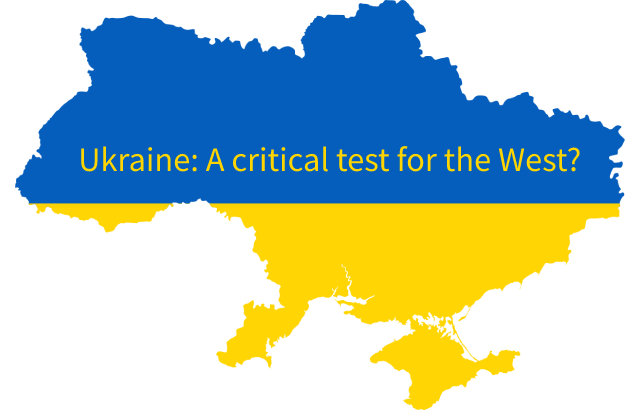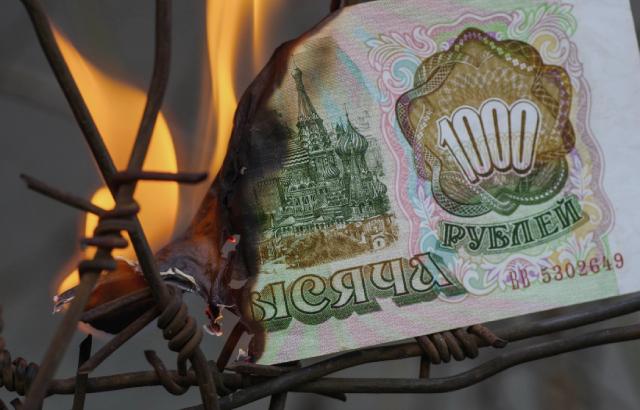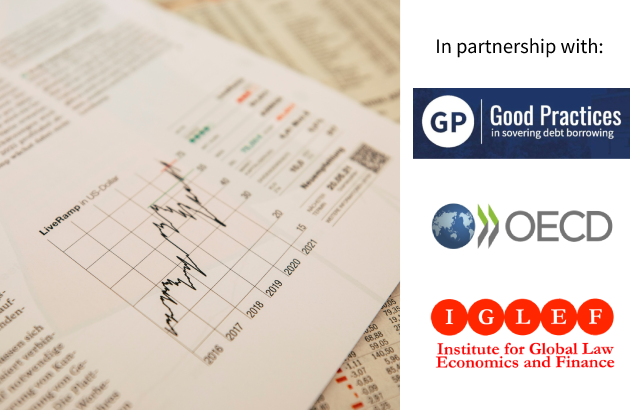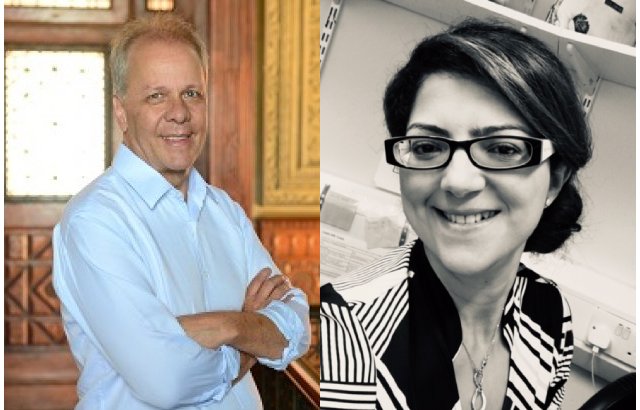2022 – a year in review
We reflect on the projects, events and partnerships that the Queen Mary Global Policy Institute has led and collaborated on in 2022 as we look back on the year to date.

Wooden blocks reading '2022' with the final block turning to '3' to represent 2023
Confronting the public health challenges facing Pakistan and the wider region
In January our first Global Seminar of the year considered public health and inequality challenges in both Pakistan and around Queen Mary’s campuses in East London.
Well attended by colleagues and students in Pakistan, the event also discussed Queen Mary’s work on mental health in Pakistan and the impact of non-communicable diseases, nutrition and cardiovascular disease on public health outcomes in the region.
Read more about the event and watch it on YouTube
Improving EU-UK relations in a post-Brexit world
 The 2022 NEXTEUK International Conference: "Global Order and the Future of EU-UK Relations" on 13 and 14 January featured over 30 global experts and over a dozen internationally renowned organisations one year on from Brexit.
The 2022 NEXTEUK International Conference: "Global Order and the Future of EU-UK Relations" on 13 and 14 January featured over 30 global experts and over a dozen internationally renowned organisations one year on from Brexit.
The event saw an abundance of insight and research on EU-UK relations and global challenges such as food security and climate change.
Topics covered included EU-UK security, trade, and economic relationships, as well as EU-UK foreign and defence strategies post-Brexit.
Watch videos from the event and read more about the discussion
Ukraine - A critical test for the West?
 In March – one week on from the Russian invasion on 24 February – the Institute hosted “Ukraine – A critical test for the West?”, a highly topical Global Seminar devoted to analysis and exchange of opinions on the war in Ukraine, with a panel made up of current and former diplomats, scholars of politics and international relations and specialists in international conflict resolution.
In March – one week on from the Russian invasion on 24 February – the Institute hosted “Ukraine – A critical test for the West?”, a highly topical Global Seminar devoted to analysis and exchange of opinions on the war in Ukraine, with a panel made up of current and former diplomats, scholars of politics and international relations and specialists in international conflict resolution.
Our panel discussed the context of the crisis, possible solutions and whether there was any real hope of minimising a wider European conflict. Gabrielle Rifkind, Director of Oxford Process and author of "The Fog of Peace: how to prevent war" made an impassioned plea for dialogue, while the panel took emotive testimony from Ukrainian audience members forced to flee the country.
The cost of war
 In May we revisited the war in Ukraine, considering why the crisis mattered to all as the economic effects of the war spread far and wide.
In May we revisited the war in Ukraine, considering why the crisis mattered to all as the economic effects of the war spread far and wide.
Chaired by Martin Sandbu, European Economics Commentator at The Financial Times, our panel included economic experts such as Professor Paola Subacchi, Chair of the QMGPI Advisory Board, as well as a former US Ambassador to Ukraine.
They discussed the impact of the war on commodity and energy prices, inflationary pressures and what sanctions and ongoing warfare would mean for global commodity prices, inflation and economic growth.
The rights of refugees in Africa under threat
In May, Professor Parvati Nair, member of the QMGPI Leadership Team and Chair in Hispanic, Cultural and Migration Studies at Queen Mary wrote a piece for The Conversation on the rights of refugees in Africa.
In the article, Parvati examines the rights of refugees and the obligations of states, especially in relation to Africa, after 70 refugees from the Democratic Republic of Congo (DRC) were reportedly detained and then deported by the Zimbabwe government.
Sovereign Debt - an agenda for the future
 In June the QMGPI hosted a roundtable in Paris with partnership with the OECD, the Institute for Global Law Economics and Finance (IGLEF) and Good Practices in sovereign debt borrowing.
In June the QMGPI hosted a roundtable in Paris with partnership with the OECD, the Institute for Global Law Economics and Finance (IGLEF) and Good Practices in sovereign debt borrowing.
The event considered unprecedented levels of sovereign debt, which continue to mount. The state of sovereign borrowing was critical prior to the pandemic, with several countries already facing limited fiscal space and increasing levels of debt, but the situation has deteriorated, tipping some economies over the edge.
A group of international experts, representing key players in sovereign debt, discussed critical areas which require further attention to draft an agenda to shape the future of sovereign borrowing and management.
Vaccine hesitancy – or not?
In July, QMGPI Leadership Team members Giuliano Russo and Stella Ladi, and Dr Dominik Zenner wrote an opinion piece analysing vaccine hesitancy in low- and middle-income countries (LMICs).
The article revealed that – contrary to expectations – new evidence shows that there is a surprising willingness among populations in LMICs to get vaccinated for COVID-19, which represents an unexpected opportunity to revitalise stagnating global vaccination programmes for other diseases.
In the piece Giuliano Russo and his colleagues argue that governments and international organisations should take advantage of the policy lessons learned during the pandemic to nudge demand for life-saving vaccines.
Experts and evidence boost Covid vaccine uptake, but public attitudes to vaccination are key
 In October the Institute published new research which showed that countries who relied heavily on expert input for their Covid-19 vaccine rollouts and communications campaigns were likely to have a higher proportion of their population fully vaccinated, but attitudes towards vaccinations have the most impact on uptake.
In October the Institute published new research which showed that countries who relied heavily on expert input for their Covid-19 vaccine rollouts and communications campaigns were likely to have a higher proportion of their population fully vaccinated, but attitudes towards vaccinations have the most impact on uptake.
The Research England funded project ‘A global mapping of vaccination policies and the role of experts’ combined a study of Covid-19 vaccine rollouts in different countries with data on the use of expertise and evidence-informed policies in pandemic management to form an interactive map.
The researchers behind the project – Dr Dimitra Panagiotatou, Dr Stella Ladi, and Dr Angelos Angelou – also wrote a blog post discussing the findings of the project.
In conversation with Professor Rodrigo Correa-Oliveira
 November brought the first in a series of 'In conversation with...' interviews from the Queen Mary Global Policy Institute, featuring Professor Rodrigo Correa-Oliveira, Vice-president for Research and Biological Collections at Fundação Oswaldo Cruz (Fiocruz), in conversation with Dr Belinda Nedjai, Reader in Cancer Biomarker and Epigenetics and Director of the Molecular Epidemiology Laboratory at the Wolfson Institute of Population Health.
November brought the first in a series of 'In conversation with...' interviews from the Queen Mary Global Policy Institute, featuring Professor Rodrigo Correa-Oliveira, Vice-president for Research and Biological Collections at Fundação Oswaldo Cruz (Fiocruz), in conversation with Dr Belinda Nedjai, Reader in Cancer Biomarker and Epigenetics and Director of the Molecular Epidemiology Laboratory at the Wolfson Institute of Population Health.
In the interview, Dr Nedjai explores Professor Correa-Oliveira's career history, Fiocruz’s strategy and his views on universal health coverage, as well as international collaboration and his engagement with Queen Mary: including the ongoing Brazil Accelerator Fund II funding call between Fiocruz, Queen Mary and Fundação Getulio Vargas (FGV).
Addressing the lack of coordination in policy
 In December we published two blogs from Roberto Alvarez, QMGPI Senior Policy Fellow and Executive Director of the Global Federation of Competitiveness Councils (GFCC).
In December we published two blogs from Roberto Alvarez, QMGPI Senior Policy Fellow and Executive Director of the Global Federation of Competitiveness Councils (GFCC).
The first considered the complexity and reality of policymaking and policy cycles, and the common problem of lack of coordination in policy.
The second suggested some possible solutions: including ideas focused on industrial, innovation and economic development policies taken from Roberto’s experience in the policy arena.
Related items
For media information, contact:
Pete BiggsInternational Communications Manager
email: p.biggs@qmul.ac.uk